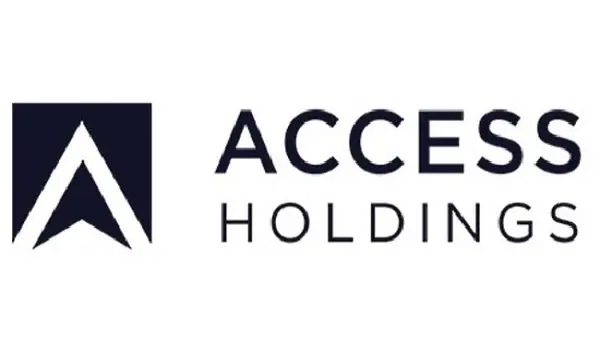Less than 24 hours after the Central Bank of Nigeria (CBN) announced new policies mandating banks to increase their minimum capital, Access Holdings Plc has taken the initiative among its peers by revealing plans to establish a $1.5 billion (N1.963 trillion) capital raising program.
The move comes as financial market analysts, economists, and bankers express mixed reactions to the recapitalization exercise, which requires banks to bolster their capital base to N500 billion and N200 billion for commercial banks with international and national authorization, respectively.
While some analysts welcome the initiative, others criticize the exclusion of retained earnings from the regulatory capital composition.
However, the CBN emphasizes that it will closely monitor the exercise, in collaboration with law enforcement agencies, to prevent the influx of illicit financing into the sector.
Under the new regulations unveiled by the CBN, Nigerian banks are required to maintain minimum share capital thresholds of N500 billion, N200 billion, and N50 billion for international, national, and regional banks, respectively.
Access Holdings Plc, in a statement, announced its intention to establish a capital raising program of up to $1.5 billion, aimed at enhancing the Group’s financial strength through various financial instruments such as ordinary shares, preference shares, and convertible/non-convertible debt.
The program, which may be executed through public offerings, private placements, or rights issues, aims to raise up to N365 billion via a Rights Issue of ordinary shares.
The proceeds will support ongoing working capital needs, including organic growth funding for its banking and non-banking subsidiaries.
Commenting on the directive for banks to raise their capital base, Prof. Uche Uwaleke, Special Adviser to the Senate Committee on Banking, contextualized the move, citing previous capital adjustments and the need for fresh capital injection to enhance competitiveness on the global stage.
Meanwhile, industry experts have raised concerns over the exclusion of retained earnings from the capital base calculation, advocating for its inclusion to incentivize banks to recapitalize without incurring additional costs.
The CBN has indicated that it will closely monitor the recapitalization process, collaborating with law enforcement agencies to enforce anti-money laundering regulations and ensure the protection of depositors’ interests during the program.
As banks gear up to meet the regulatory standards within the 24-month window, strategic shifts such as mergers, acquisitions, and regional expansions are anticipated in the banking sector.



